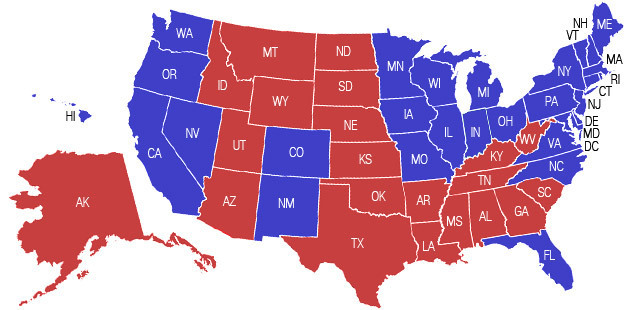The Economic Implications of Legalizing Marijuana
By Fiona Liu
Opinion Writer
This past week marked the 46th presidential election. The two candidates, Donald Trump and Joe Biden, have expressed very different views on issues ranging from the right to abortion, climate change, tax plans, and their ideas on the availability of healthcare to the public. Although people are voting to resolve these issues via the national election, there are also many important decisions being made on the state level during this election cycle, such as the legalization of marijuana. While voters are waiting for swing states to count their ballots, one thing is for sure: many states have decided to legalize the recreational use of marijuana. So, what does this mean for the economy?
The legalization of marijuana, whether for recreational or medical usage, could boost the economy. Likewise, states may benefit from the emergence of the marijuana sector via collecting additionally taxation revenues and charging fees on the products themselves. For example, Colorado has collected more than $302 billion in taxes and fees on medical and recreational marijuana.

Another incentive for the legalization of marijuana is the potential implications on the job market. Specifically, the first step after legalizing marijuana would be to establish marijuana nurseries and dispensaries. As a result, new jobs would be created and economic activity in the industry would be stimulated. In fact, a study from the RCG Economics and Marijuana Policy Group in Nevada found that the legalization of marijuana could create about 40,000 new jobs for the state and over $1.7 billion in labor income.
Likewise, one of the most talked about benefits of legalizing marijuana is creation of investment possibilities. Even though it is not legalized on a national level yet, many private marijuana companies are waiting for the opportunity to enlist their company on U.S. exchanges, which will enhance their liquidity and open their company up to public investors. Therefore, the marijuana sector is a very immature market that could expand investment optionality within the U.S. following legalization of the drug nationwide.
Overall, the aforementioned changes are just some of the most important factors that may impact the economy on a state and national level following the legalization of marijuana. Specifically, the legalization of marijuana could stimulate the job market and create a plethora of investment opportunities going forward. Thus, the decision whether or not to legalize marijuana hyperbolizes that state laws are much more impactful than one my initially think.
Contact Fiona at liufiona@shu.edu

